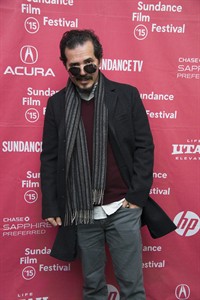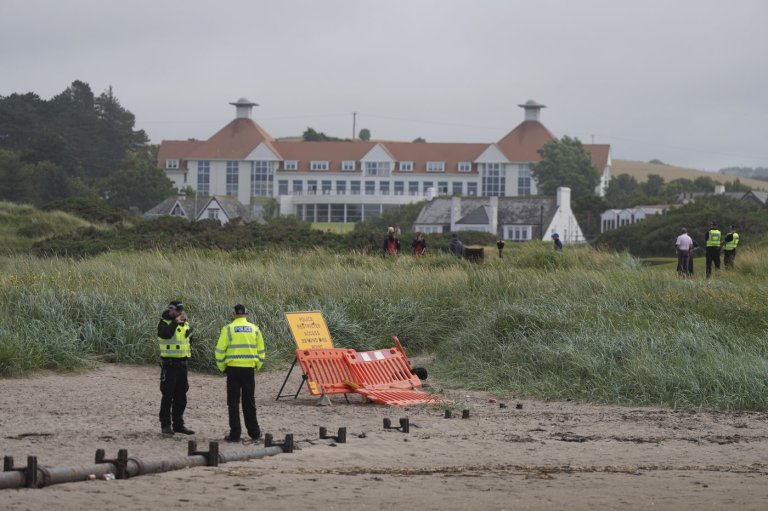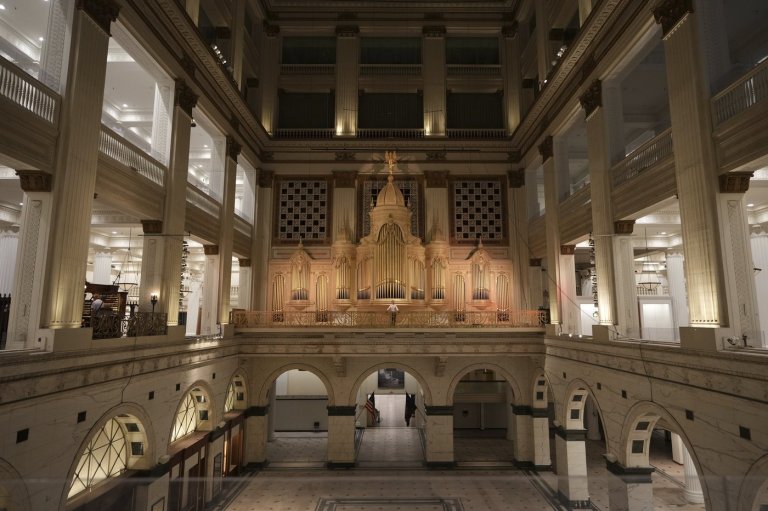
It’s up to people to save the planet, says call-to-action Sundance doc, ‘Racing Extinction’
PARK CITY, Utah – It’s not too late to save the planet, but documentarian Louis Psihoyos says the time is now.
The filmmaker behind 2009’s Oscar-winning documentary “The Cove” returns to the natural environment for his latest film, “Racing Extinction,” which premiered Saturday at the Sundance Film Festival.
“Documentaries, to me, are the most powerful way to change the world,” he said. “My hope is that if you can show people the beauty of these animals, there’s a chance to save these things.”
Where “The Cove” shone a spotlight on the abuse of dolphins and other underwater wildlife, “Racing Extinction” expands the scope to life on land, as well. Accompanied by scientists and environmental activists, Psihoyos, a former National Geographic photographer, explores how human beings are hastening a “massive extinction event” the likes of which the planet hasn’t experienced since the dinosaurs disappeared.
Besides the illegal harvesting of shark fins and whales for exotic cuisine, the film points to methane and carbon dioxide emissions as the key reasons more than half the world’s species could become extinct in the next century.
The ocean absorbs those gasses, making it more acidic, which dissolves shells, corals and other underwater animals. As the ocean warms, frozen methane deep beneath its surface is melted and released.
The filmmakers used special cameras to show the methane and carbon dioxide emissions that come from cars, heaters, factories and cows.
“Livestock releases more greenhouse gases than the entire transportation sector,” Psihoyos said.
Filmmakers surreptitiously filmed the endangered animal trade in China, where manta rays and whale sharks continue to be killed for their purported medicinal properties. The film shows an Indonesian shoreline littered with bloody manta ray carcasses.
Conservationist Jane Goodall, who appears in the film, says despite the dire state of the planet, “there’s still a lot worth fighting for.”
Even after seeing such animal and environmental abuses up close, Psihoyos is not giving up hope: “We’re the only generation left that can save these animals.”
— Sandy Cohen, www.twitter.com/APSandy
Join the Conversation!
Want to share your thoughts, add context, or connect with others in your community? Create a free account to comment on stories, ask questions, and join meaningful discussions on our new site.


















Leave a Reply
You must be logged in to post a comment.